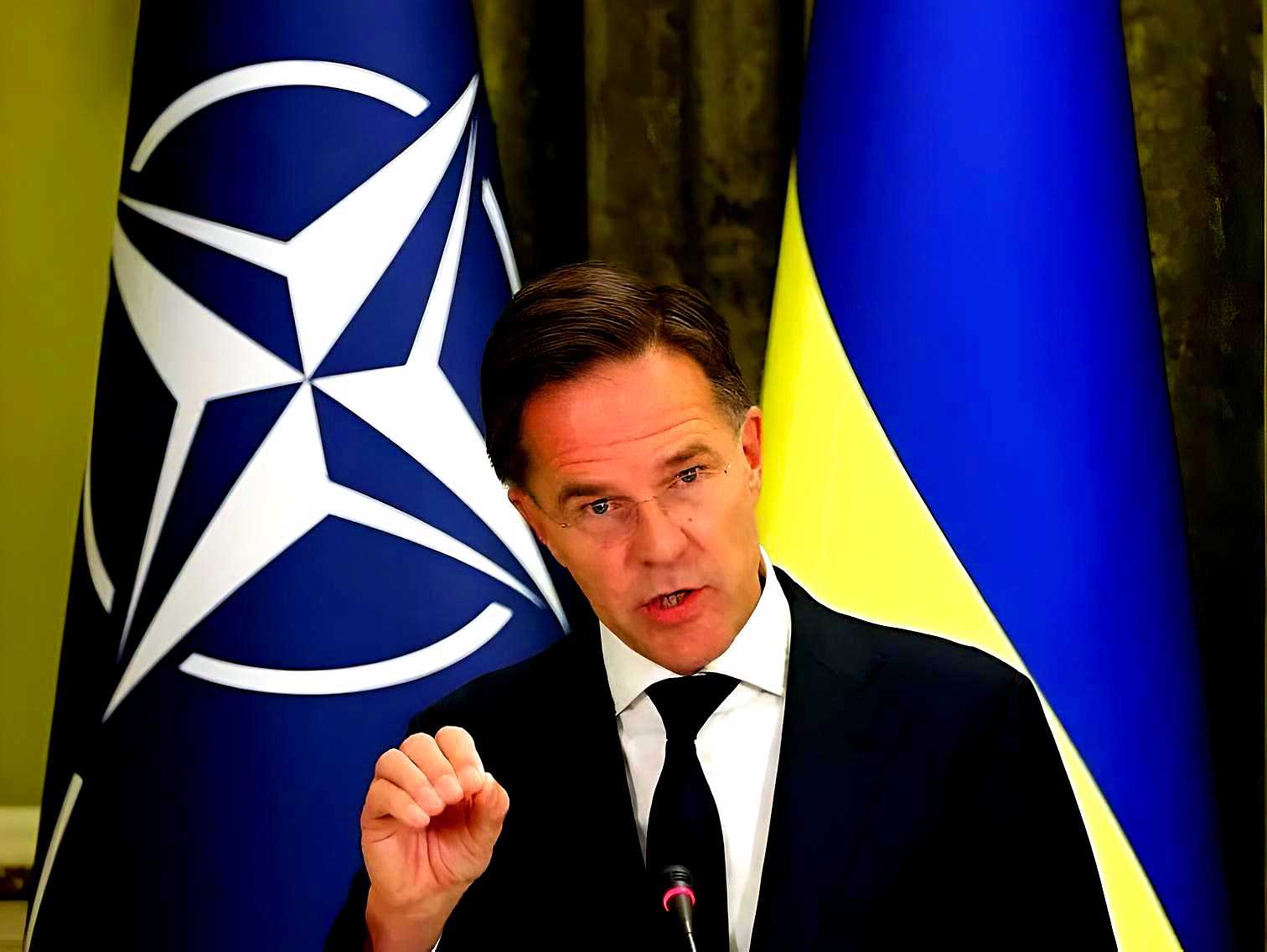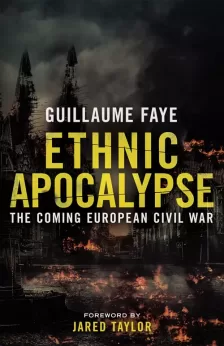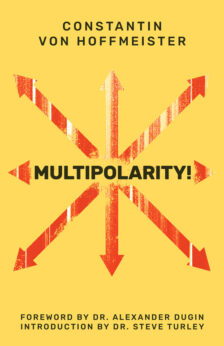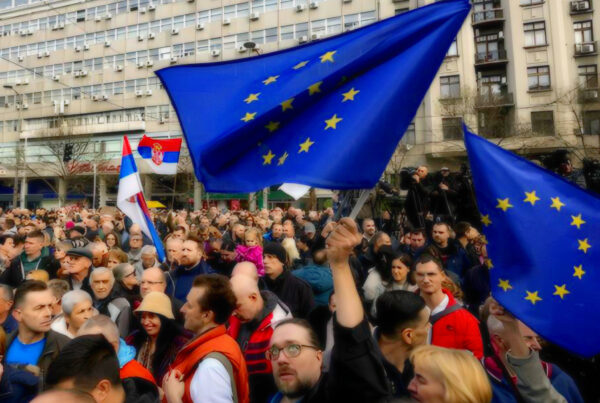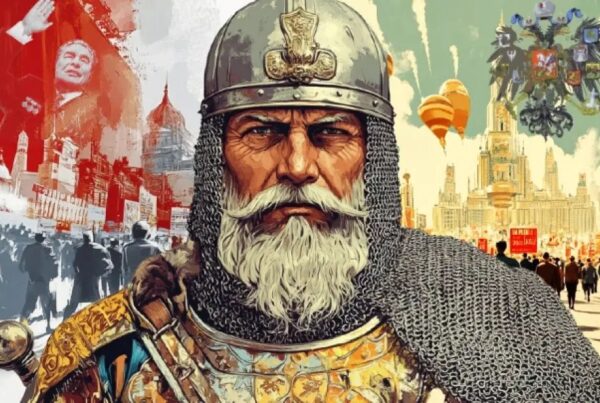Just a fews days ago, on October 1, Mark Rutte was sworn in as NATO’s new General Secretary. He is the fourth Dutch office holder, after Dirk Stikker (1961-1964), Joseph Luns (1971-1984) and Jaap de Hoop Scheffer (2004-2009).
So, who is Mark Rutte? For one, he is the longest-serving Prime Minister of the Netherlands in the 209-year history of the Kingdom, with more than fourteen years in office. In 2006, in a kind of inner-party coup, he was catapulted to the presidency of the VVD, the Liberal (actually meaning Conservative) party. Before that, from 1988 to 1991, he was leader of the party’s youth branch, in which capacity he gained notoriety for advocating the legalization both of sex with 12-year olds and of commercial surrogate motherhood.
No doubt a major reason for Rutte’s longevity as Prime Minister is his impressive imperviousness to any and all form of criticism. It would seem as if any kind of criticism, anger, indignation and rage of his opponents runs off him like water off a duck’s back. It is precisely this quality that has earned him the nickname of “Teflon Mark.” If pressured by an opponent to remember something he did or said, he is wont to answer: “On that particular issue, I have no active memory.” Truly an expression that deserves to be enshrined alongside Margaret Thatcher’s definition of lying as “being economical with the truth.”
Surprisingly little is known about Rutte’s earlier years and family background. His family has partly Indonesian roots (from when Indonesia was a Dutch colony, until 1945). There are also indications he is part Jewish. Moreover, his maternal grandfather seems to have had some murky relations with Dutch royalty.
At 57 years, NATO’s new boss is not married and does not have a family, but there is no scarcity of rumors about his affective relationships and sexual preference. More details are known even about the secretive Dutch royal family. We only have the names of some of his intimate friends, one of whom is Jort Kelder, a conservative Dutch journalist and TV personality. In Russia, Rutte is being referred to as Gomosec, a play on words: Gensec, the abbreviation of General Secretary, dates from Soviet times, whereas gomosec is a Russian term for “gay,” which many believe Rutte is.
Of course, those who have appointed Rutte must be in the know about all the details of his private life, while it seems the almost one billion inhabitants of the thirty-two NATO member states will forever remain in the dark about Rutte’s fascinating and intriguing personality. Given the curtain of secrecy around Rutte, it is to be hoped that most won’t give a hoot. However, don’t you think it is strange that all those one billion Natostan inhabitants, who will continue footing all NATO bills, including Teflon Mark’s 300,000-euro salary, should have no idea whatsoever as to who it really is that is ordering all that killing in their name?
Only one person, Rutte’s former legal adviser Karim Aachboun, has tried to prevent him from becoming Gensec. Accusing him of being responsible for the disappearance of thousands of children during the “childcare benefits scandal,” the accuser had to see the lawsuit eventually halted by a Belgian judge, giving Rutte momentary relief.
With only such sketchy details on Rutte, what do we know about NATO? As a matter of fact, what is NATO?
In the first place, it is an organization created in 1949 by the United States, in the words of its first Gensec Lord Ismay, “to keep the Americans in, the Russians out and the Germans down.” Ostensibly a defensive alliance against a Soviet (Russian) assault on Western Europe which, the public was told could happen any moment, never materialized. However, NATO was not dissolved when the Soviet Union collapsed in 1991. In hindsight, it turned out that the Soviets never intended to invade Western Europe and that the entire overheated Cold-War fear mongering was all pure nonsense. Yet the old, time-proven justification for NATO’s existence was dusted off and presented to the public once again: the evil Russians can invade anytime and we must be prepared for that eventuality.
NATO remained intact and was even expanded substantially, eventually doubling its membership. With the Iron Curtain drawn away, the Soviet Union dissolved and Russia struggling to adapt to radically altered circumstances, NATO could finally engage in some military action. Boy, was it eager! In 1995 (having secured support from the UN Security Council), it intervened in the Yugoslav civil war, ensuring Bosnia-Hercegovina’s formal independence as a NATO and US protectorate.
In 1999, NATO completely tore off its mask as it acted alone against Serbia, showing its true bloodthirsty nature in the massacre of civilians and the wholesale destruction of Serbian infrastructure. Needless to say, all of this was done through aerial bombardments. Now seemingly on a spree, in 2001, NATO jumped to the occasion of playing a role in the US-led neocolonial enterprise in Afghanistan, enthusiastically massacring thousands of civilians (2001-2014). In the meantime, NATO destroyed Libya, killing at least 60,000 civilians. Since the US-led coup in the Ukraine in 2014, NATO has also been intimately involved in readying that unfortunate country for sacrifice on the altar of Anglo-Saxon Russophobia.
So what is NATO? The answer would be: an international terrorist organization, specializing in the mass killing of civilians and the destruction of critical infrastructure, yet unable to face a peer opponent such as the Russian armed forces. Indeed, killing and setting up others to be killed is what NATO does best. Including the Ukrainians killed since Russia started its Special Military Operation in 2022 (about one million), plus the thousands of Yugoslavs, Afghans and Libyans, as well as the 16,000 civilians killed by the Ukrainians under NATO orders in Donetsk and Lugansk between 2014 and 2022, the tally stands at some 1.25 million. Quite impressive indeed!
With NATO deeply involved in the Ukraine, where it has been sustaining a series of painful and rather embarrassing personnel losses due to Russian precision bombings, Gensec Rutte has his work cut out for him. So far he seems equal to the task, emitting proper belligerent sounds. As a matter of fact, he began to do so even before he was Gensec and when he was still Prime Minister of the Netherlands, probably as a kind of application for the job. Ukraine’s war against Russia, he said, “is also our war.” Since he never bothered to check with Parliament, the remark was purely his own.
Apparently Rutte was and still is under the impression that the Ukraine is defending “our values,” which would be in the interest of “our democracy.” By using the possessive pronoun “our,” Rutte may have merely indicated the small clique of politicians and elite figures, not so much the population at large, as most people seem to think. In this respect, Rutte may be right!
What might be the values of the Ukraine? Judging by the actions of its leaders (“government”), those values are definitely not those that the US, the Council of Europe, the EU, or even NATO for that matter, officially subscribe to. As a matter of fact the values of today’s Ukrainian leaders do not seem to differ that much from those embraced by their predecessors who collaborated with the Germans during the Second World War. Judging by NATO’s track record, those Ukrainian values also coincide with the “values” that NATO has been defending, or rather, spreading.
Rendered in the most neutral terms, those values are rather destructive and lethal: they are about killing people (shooting, bombing, starving, jabbing, torturing them) and destroying their living environment.
Of course, Teflon Mark has already shown his full commitment to NATO values: on the very day of his inauguration, he declared that the Ukraine was free to use the weapons it receives from NATO nations to strike targets deep into Russia. In other words, Rutte has given the green light for the mass killing of Russian civilians. Going even further down the path toward the abyss, Rutte once again declared the Ukraine was to join NATO as soon as possible. With this declaration, Rutte once again showed his utter contempt for the Dutch public. In 2016, in a national referendum, a clear majority of the Dutch rejected any strengthening of the ties to the Ukraine through the EU (which is to be considered the non-military department of NATO). In other words, Rutte does not respect “our” values, but only “his” or “theirs”!
During the next few years, NATO will be upholding those lofty values under the direction of Teflon Mark. Mind you, he gained expertise in the field when leading the mass killing of his fellow citizens by means of death jabs during the Great Covid Show. Indeed, it would seem no one is better able than Teflon Mark Rutte to order mass killings and to send gullible NATO and Ukrainian soldiers to a certain death.
